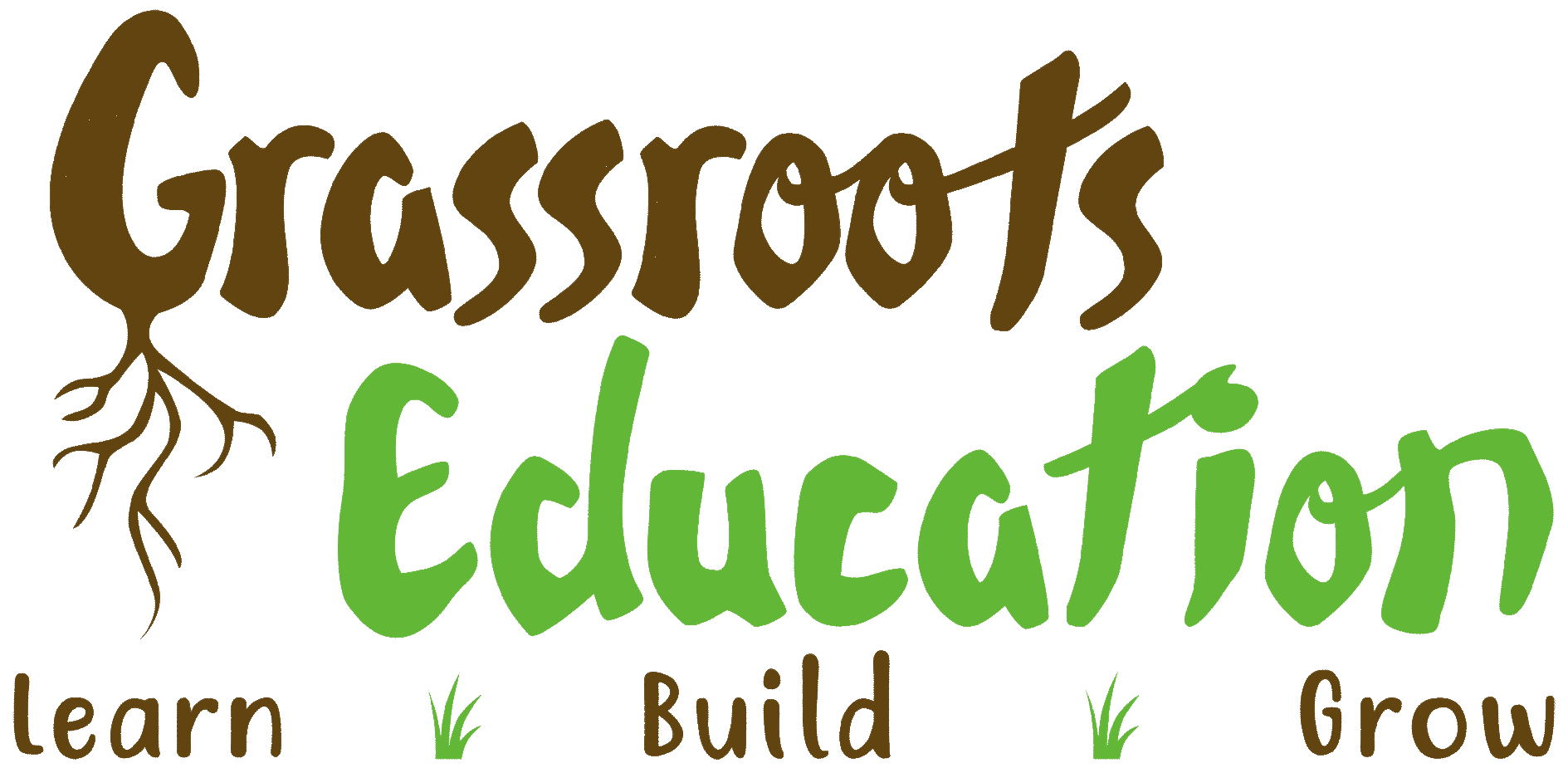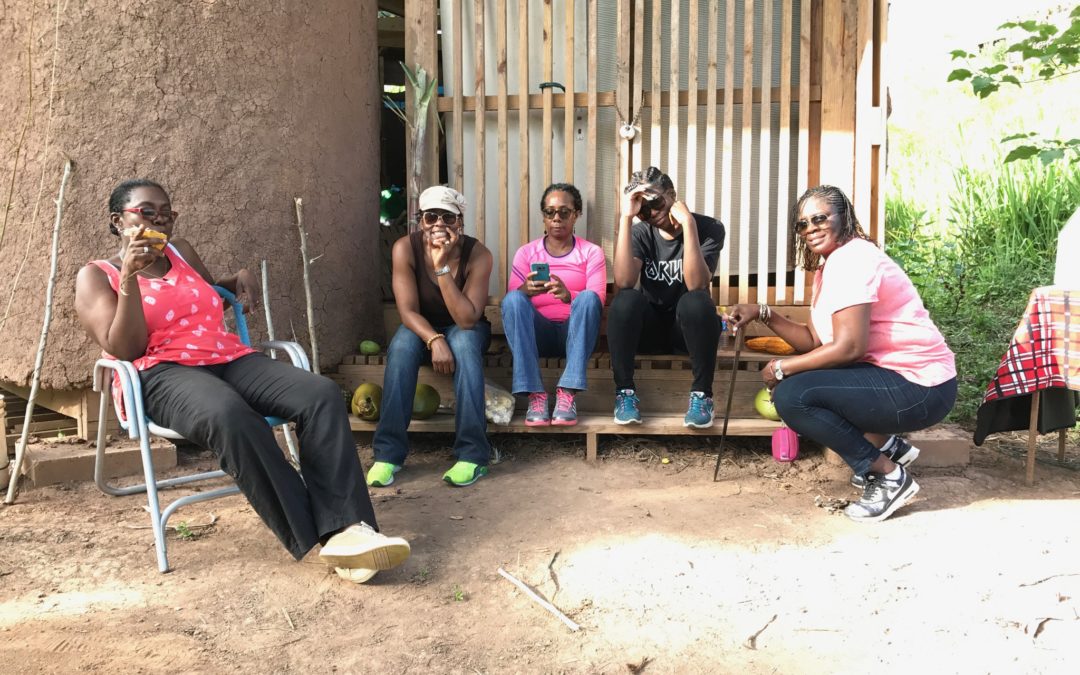 “A friend in need is a friend indeed!” I have been both privileged and blessed to have the same set of friends for over forty years! To me, that is an amazing accomplishment. I know that if I were to look up the definition of friendship, I would find words such as trust, loyalty, and support. According to Maslow’s Hierarchy of Needs, we all need to belong. We all need someone with whom to identify. We all long to be a part of something more considerable than ourselves, whether it be a family, a clique of friends, a religion, a group of co-workers, a choir, or unfortunately, even a gang. The idea is that we want to be an important part of something greater. Sometimes we yearn to belong to a group so we can cover our emotional pains. We hunger to know that people care about us, because in many ways, love heals. Friends protect us from being lonely, and comfort us when we are down and discouraged. Friends are also supportive and encourage fulfilling and rewarding conversations.
“A friend in need is a friend indeed!” I have been both privileged and blessed to have the same set of friends for over forty years! To me, that is an amazing accomplishment. I know that if I were to look up the definition of friendship, I would find words such as trust, loyalty, and support. According to Maslow’s Hierarchy of Needs, we all need to belong. We all need someone with whom to identify. We all long to be a part of something more considerable than ourselves, whether it be a family, a clique of friends, a religion, a group of co-workers, a choir, or unfortunately, even a gang. The idea is that we want to be an important part of something greater. Sometimes we yearn to belong to a group so we can cover our emotional pains. We hunger to know that people care about us, because in many ways, love heals. Friends protect us from being lonely, and comfort us when we are down and discouraged. Friends are also supportive and encourage fulfilling and rewarding conversations.
As an educator, it is my duty to teach my students how to care, one of the most important functions of being a good friend. I can do this through several areas, one of which is simply to know my students’ names. Some teachers find this task daunting, especially when assigned a roster of nearly one hundred students. But just as the time cultivating friendships in our personal lives reaps rewards, so will learning the children’s names. This sends the message to them that they are important, that we recognize them as individuals, and that they matter. It also builds a sense of community within the classroom. Not to do so makes we educators appear disinterested and unapproachable. Accordingly, why should the class be interested in us and more so, what we teach, when they don’t feel valued and recognized?
A caveat should be offered here, however. Students need teachers who inspire them to grow and be more than they are today, not an imitation of their current selves. Some teachers, in a misguided effort to be “friends” with their students, dress and act like their students. A true teacher/friend remains clearly adult, promoting learning and offering insight.
Another way of showing that we care is to demonstrate compassion. Some people believe that a compassionate classroom lacks academic rigor, but it is just the opposite. When students feel that they belong and are genuinely cared about, they are more likely to take on challenges. They know that even if they fail, they will be buoyed by support and encouragement. Methods such as short conversations and kneeling down next to a student for discussion while making eye contact garner far better results than yelling and looming menacingly overhead. By showing compassion, the student will eventually reciprocate that same behavior, to fellow classmates and friends alike. Just as we don’t write off our friends after a small disagreement, we should also have a forgiving heart with our students. Each day starts with a clean slate, and we never know how that simple act of thoughtfulness can impact a student’s life.


I agree with you wholeheartedly. As a teacher I realize that effective teaching involves more than just imparting subject matter. Students respond positively to teachers who interact with them in a loving and caring manner. Teachers have to be observant, discerning and compassionate. They also have to be willing to take time out to guide them and even to assist them in their time of need.
Thanks Yovette for taking the time to read and comment.
Bravo
Thanks Kevin for taking the time to read and comment.
Very refreshing and I am hoping many will take time to read and utilize methodology. Not only that but that they will see disappointnents/ failures as steps to be successful
Thank you so much Fredricka for taking the time out to read and comment. Most of all, thanks for your support.
Well written. Keep it up,God bless.
Thank you, Novlet.
Well said Dr. Dawkins. Building positive relationships with students ,I think, is the key to having successful students.
Thanks Verna, for taking the time out to read and make a comment. Thanks also for your support!
Excellent thoughts!!
Thanks Alan.
The philosopher Aristotle said, “In poverty and other misfortunes of life, true friends are a sure refuge. They keep the young out of mischief; they comfort and aid the old in their weakness, and they incite those in the prime of life to noble deeds.”
Marica Davis-Dawkins, a relevant article, so on point.
Thanks Kisha for taking time out to read and comment.
Great Doc. U embody true friendship
Thank you so much for your comment as well as your support!
Very well said Marcia! I share your sentiments wholeheartedly. I also have my same friends of over 40 years! And along the way, have been blessed to meet many others…including yourself. I love the site and wish you an abundance of success!! Many blessings!
Thanks Stacey, for your encouragement. I really enjoy being a friend.